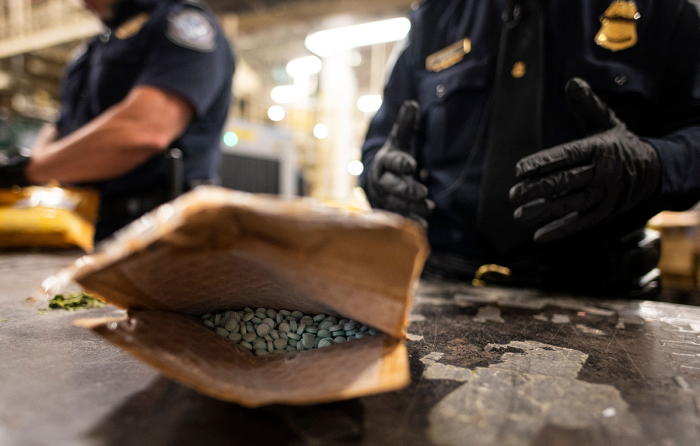
The percentage of churches that provide support to those fighting opioid addiction has declined compared to what it was five years ago, according to a new poll of pastors from Lifeway Research.
Lifeway released a new survey of 1,004 Protestant pastors this month, which looks at how the ongoing opioid crisis in the United States is impacting their congregations and what they are doing about it.
The research was conducted from Aug. 29-Sept. 20, 2023, with a margin of sampling error of +/-3.2 percentage points at the 95% confidence level. This was compared to a similar phone survey conducted in 2018 of 1,000 Protestant pastors.
Among those surveyed, 64% of pastors said that at least one family member of someone belonging to their congregation had been “personally affected by opioid abuse,” while 45% said that a “member of our congregation” was “personally affected.”
Only about a quarter (24%) reported not knowing anyone tied to their church who was impacted by opioid abuse.
Despite this, Lifeway found that, compared to 2018, support among congregations for those experiencing opioid addiction had declined on multiple fronts.
Churches providing “spiritual support including prayer or discipleship” for addicts went from 82% in 2018 to 72% in 2023. Additionally, churches that were providing a “12-step program or other support group” declined from 40% in 2018 to 32% in 2023.
Pastors who reported that their churches were not providing “spiritual support” or “other support” for those experiencing opioid abuse increased from 13% in 2018 to 21% in 2023.
Lifeway Research Executive Director Scott McConnell said in a statement that if churches “are not expressing compassion for those who face these challenges, they likely won’t become aware of needs until the abuse is chronic.”
“Spiritual, physical and recovery help can all be ongoing ministries of a church or offered as needed,” stated McConnell. “When these are ongoing support ministries, there are naturally more opportunities to encounter and help those impacted by opioid abuse.”
In recent years, there has been a sharp uptick in deaths connected to the abuse of opioids, with the U.S. Department of Health and Human Services reporting that over 81,000 Americans suffered opioid-related deaths in 2023, a sharp increase from the 46,802 opioid-involved deaths reported in 2018.
Many churches and ministries have responded to the crisis over the years. For example, the American Association of Christian Counselors hosted a one-day gathering in 2018 to help train people to combat the problem.
AACC President Tim Clinton told The Christian Post at the time that the opioid epidemic is “a problem that is impacting communities, churches, and families throughout the nation.”
“No one entity can stem the tide. … We must work together to help people recover from opioid addiction,” said Clinton in the 2018 interview.
“We are determined to help eradicate this horrible scourge from devastating our society. This event showcases a model of community, civic, and church collaboration that should be reproduced nationwide to help those ensnared by opiates and other substance use disorders.”
In May, the CDC’s National Center for Health Statistics announced that there were approximately 107,000 drug overdose deaths in the U.S. in 2023, which marked a 3% decrease compared to the estimated 111,000 deaths in 2022. This was the first reported annual decrease in overdose deaths since 2018.
